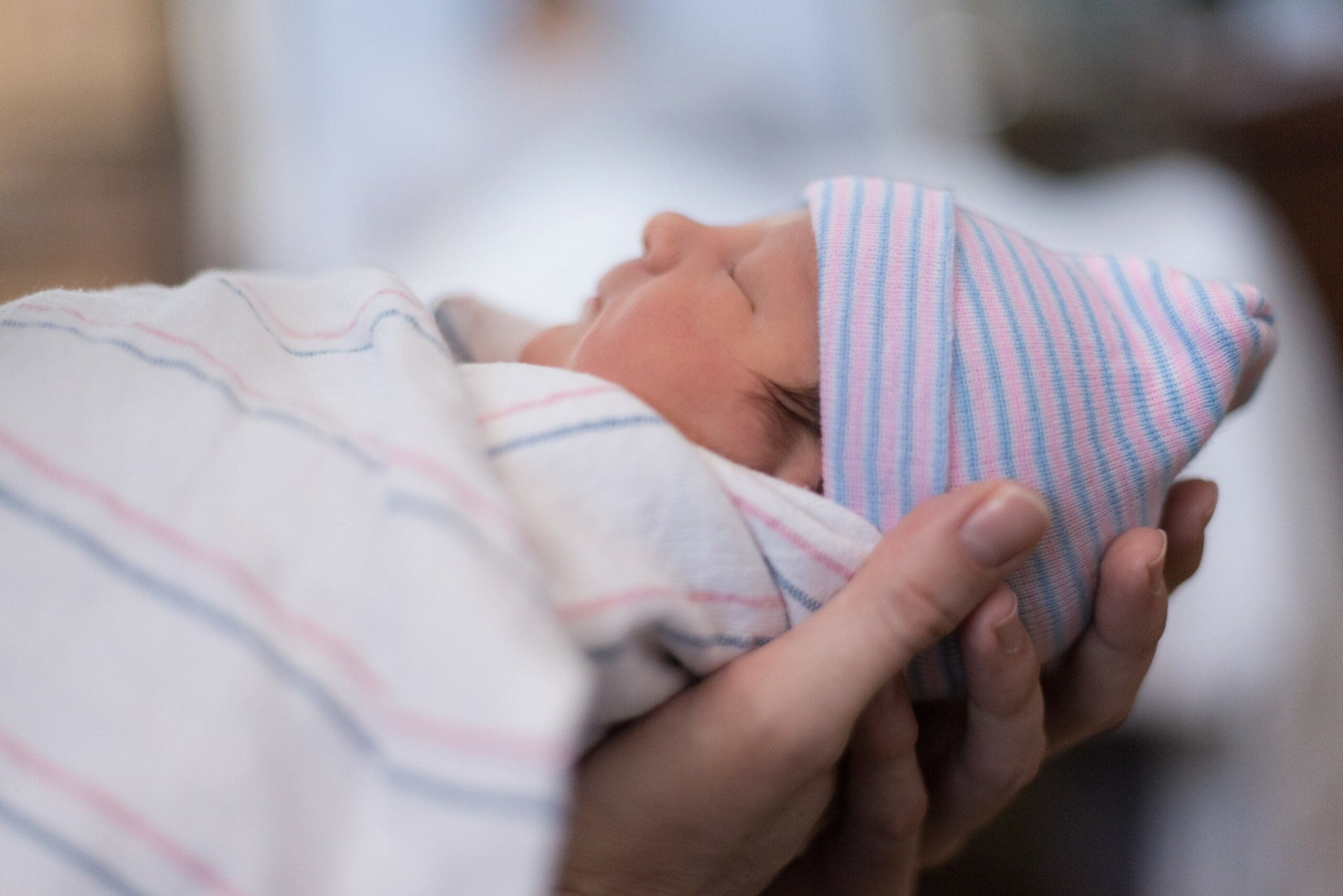Babies are considered of low birth weight if they weigh less than 2500 g at birth. Low birth weight is associated with an increased risk of physical and mental disabilities. This risk becomes significant for those babies born weighing less than 1500 g.
For this reason, low-birth-weight infants can be further classified into ‘very low birth weight’ (VLBW) if they weigh 1000–1500 g and ‘extremely low birth weight’ (ELBW) if they weigh less than 1000 g. Such low birth weights are seen in infants who are born extremely prematurely.
The following problems are commonly associated with extreme prematurity and very low or extremely low birth weight.
Respiratory problems
ELBW infants are more likely to develop bronchiolitis (inflammation of the small airways in the lungs) or recurrent wheeze. Babies with bronchiolitis often need to be treated in hospital.
These infants also usually have reactive airways disease, which tends to cause symptoms similar to asthma. About 20 per cent of all ELBW infants will have asthma-like symptoms into middle childhood.
Exercise problems
Children who were born very prematurely generally have a lower exercise capacity than those who were born at full term. This is believed to be due to a combination of factors, including reduced lung function, reduced muscle bulk, slim build and coordination problems.
Exercises that help control breathing, such as swimming, are recommended. These may also enhance lung growth. Weight-bearing exercise, such as walking, should also be encouraged, as it will help develop strong bones.
Nutritional problems
Feeding problems are not uncommon in low-birth-weight infants. Iron and multivitamin supplements should be given for the child’s first 6 months, before the introduction of solids.
Once these infants reach the toddler stage, growth tends to occur at a consistent and steady rate. But it’s important to remember that when their height and weight are plotted on standard growth charts, children born prematurely may be below the average for their age.
Functional problems
While severe functional problems that limit a child’s ability to perform everyday tasks such as dressing, toileting and feeding are not common, they do occur more often in children who were born extremely prematurely than in children who were born at full term.
In addition, many ELBW infants will go on to experience milder functional impairment, such as speech difficulties or trouble understanding simple instructions. As a result, they are more likely to need physiotherapy, speech therapy or occupational therapy. Regular reviews by appropriate health professionals will help in the early detection of any difficulties.
Early detection and subsequent early intervention with the appropriate treatment can help maximise the functional and educational opportunities for these children.

